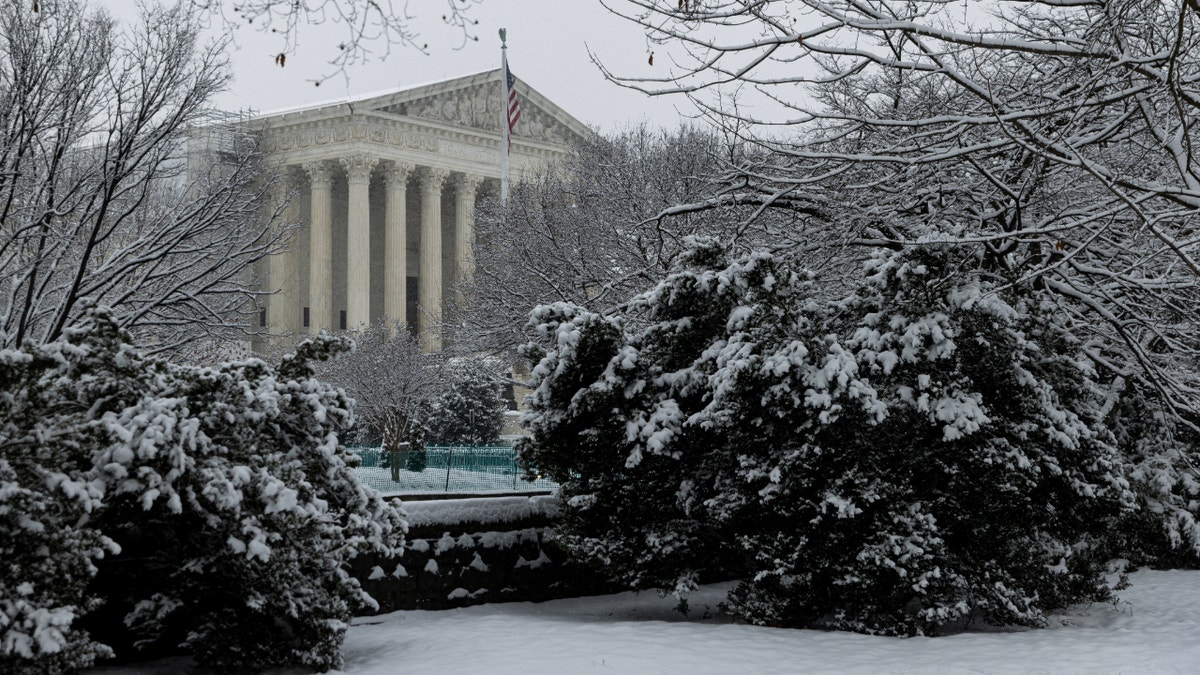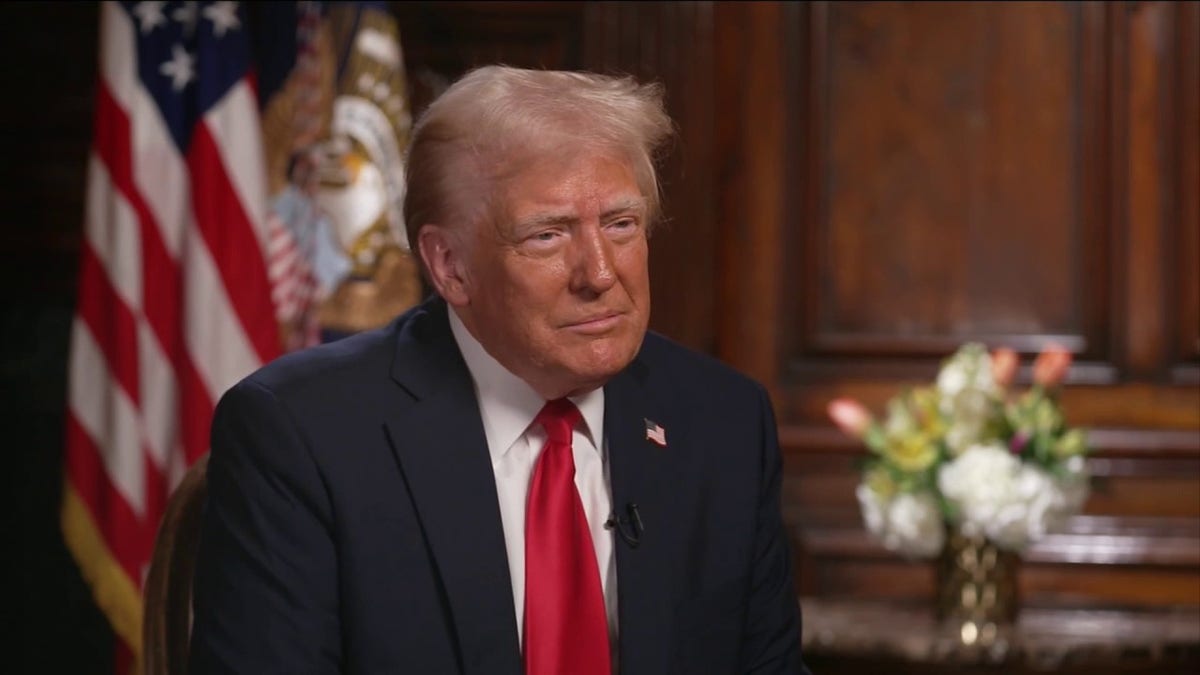A recent court order compelling the Trump administration to restore millions in halted foreign aid highlights a growing trend: activist litigation effectively blocking major policy reforms through preliminary injunctions. While these injunctions are pre-trial and subject to potential reversal, the process itself raises concerns about adherence to legal procedures, specifically the requirement for injunction bonds.
Federal Rule of Civil Procedure 65(c) mandates that plaintiffs seeking preliminary injunctions post a bond to cover potential costs and damages if the injunction is later deemed wrongful. This rule serves two crucial purposes: compensating defendants for undue harm and deterring frivolous lawsuits. However, a shift in judicial practice has seen this mandatory requirement treated as discretionary, often waived or minimized, particularly in cases deemed to have “public interest” implications.

This shift began subtly, with a Sixth Circuit court opinion interpreting the rule's language about setting a “proper” bond amount as permitting judges to eliminate the bond entirely. This interpretation, criticized for lacking legal basis and historical context, has unfortunately become increasingly common. By the mid-1980s, roughly half of all jurisdictions treated injunction bonds as optional, a practice directly contradicting the rule's clear intent.
The “public interest” exception, similarly lacking explicit legal grounding, further complicates matters. Judges began waiving bond requirements in cases involving social welfare or environmental concerns, assuming such lawsuits inherently served the public good. This assumption overlooks the fact that significant portions of the public may support the very policies being challenged. Who defines “public interest” becomes a critical, and potentially subjective, question.

The recent foreign aid case exemplifies this issue. A judge ordered the reinstatement of aid contracts, potentially costing billions, without requiring any bond and without even acknowledging Rule 65(c). This lack of adherence to established procedure undermines the rule of law and places an undue burden on the government. The Justice Department could assist by providing expert cost estimates in its legal briefs, aiding judges in determining appropriate bond amounts.
It’s important to note that requiring bonds doesn’t prevent plaintiffs from challenging government policies. It simply ensures a degree of accountability and prevents preliminary injunctions from prematurely halting policy implementation, even if those policies are later upheld. While some may argue that a future Democratic administration could face similar challenges under a stricter bond requirement, data suggests that the Trump administration has disproportionately faced nationwide injunctions, highlighting the immediate relevance of this issue.
Ultimately, enforcing Rule 65(c) as written is crucial for upholding the rule of law. It ensures fairness, deters frivolous litigation, and prevents the premature disruption of government policies based on preliminary injunctions that may later be overturned.

Comments(0)
Top Comments